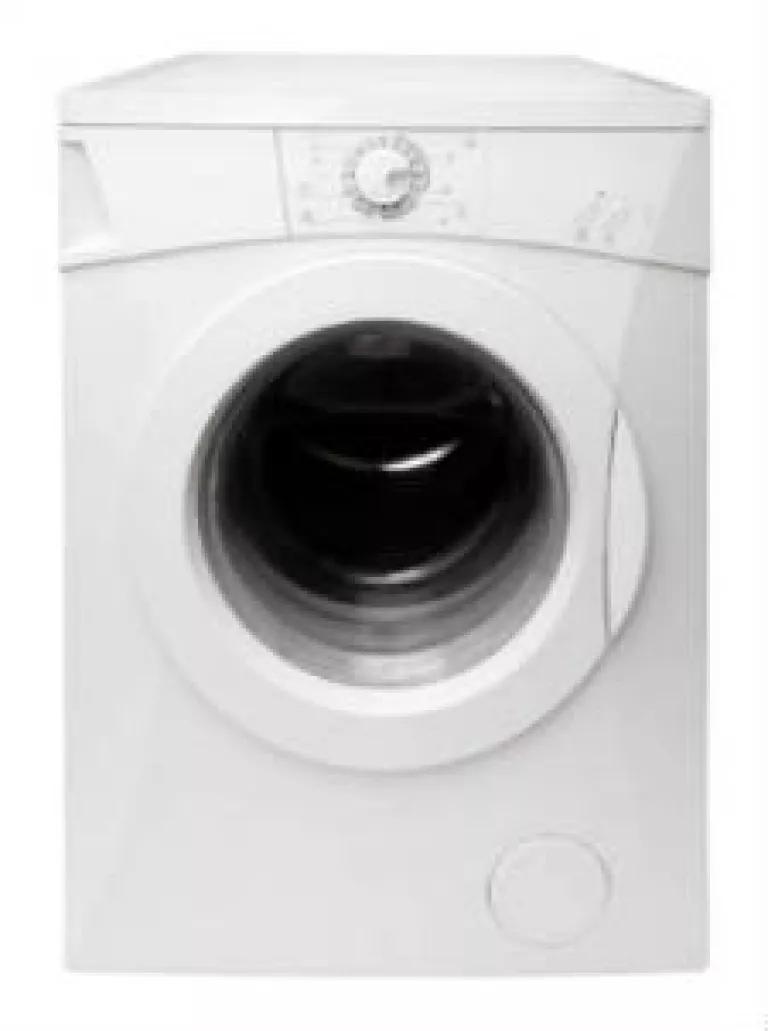
Is your house built to use water efficiently? Water and sewer bills have risen faster than most other utility costs in recent years, and consumers are looking for opportunities to save. Sure, as individuals we make lots of decisions that affect how much water we use each day - from brushing teeth to showering to flushing toilets to lawn watering. Our personal habits have their impact on the amount of water we use, for sure. But how about the design of the house itself? What about the built-in features of a home - the fixtures, the appliances, the landscaping, and even the pipe layout? Some homes make it easier to save water, while others make it downright difficult.
The non-profit organization known as RESNET - the Residential Energy Services Network - has just announced its intention to create an easy to understand numeric rating system for the water efficiency of homes this year. RESNET has already developed the highly successful Home Energy Rating System (HERS) for assigning a score to the energy efficiency of homes, and it oversees a network of about 5,000 certified HERS raters around the country that work with this system. In 2014, one-third of all new homes received a HERS Index Score, and the system is applicable to existing homes as well. On the HERS scale, 100 equals the energy use of a reference home built to basic code requirements. A lower HERS Score indicates a more energy-efficient home.
The new water efficiency score will work the same way as the HERS Index, but will focus on water. The new index will similarly reference a basic home meeting code, and a lower score will indicate a more water-efficient home. One big challenge for the designers of the water index will be to integrate outdoor water efficiency into the system. Outdoor water use is huge throughout the country, especially in the South and West, so a water index would be incomplete if it failed to account for outdoor uses.
NRDC strongly supports this initiative. In our view, a numeric water score will help home buyers understand the water efficiency of a house the same way car shoppers use fuel economy labels to inform their purchases of vehicles. A reliable scoring system will help expand green building programs and encourage new rebates and tax incentives for water-efficient products in new and existing homes. Consumers who 'know the score' will save water and money when they buy a house or renovate their existing home. Our homes are responsible for 60 to 65% of all urban water use, so more efficient homes will help protect natural resources and make communities more resilient.
RESNET has issued an open call to interested parties and stakeholders to join an advisory group to oversee development of this water efficiency rating system. Professionals with experience in both indoor and outdoor water efficiency have been encouraged to participate.

Recent experience suggests that a water efficiency rating system that encompasses both indoor and outdoor water use will be a very big deal for urban water efficiency. The HERS Energy Index has become a crucial point of reference in the housing industry, not only for green labeling (it's incorporated by reference into Energy Star for New Homes), but also for utility incentives, tax credits, mortgage lending, and appraisals. A companion rating system for water efficiency, designed to be understandable and available to professional raters in all 50 states, could move residential water efficiency very far, and, I predict, surprisingly fast.

